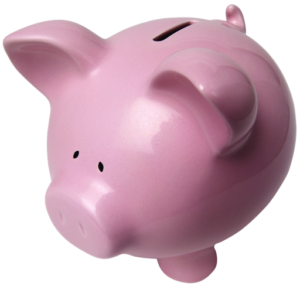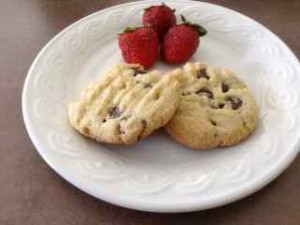A couple of weeks ago I had the opportunity to do nutrition weight loss mini-consultations with a number of women. All of these women had several things in common. They were:
- Intelligent
- Successful in high-demand, fast-paced careers
- Very, very busy.
- Unhappy with their weight.
They also had something else in common. Something that is often overlooked when trying to lose weight – building up their self-care toolkit.
Each woman had different eating habits. We spent time discussing healthy options that would be do-able in their full lives.
As a dietitian, I’m trained in nutrition. These women likely expected to only talk about food. But I knew that we needed to broach another topic. Self-care toolkits.
Weight Loss Self-Care Toolkits
I brought up self-care toolkits for two reasons:
- Alternatives to Emotional Eating: We eat for more reasons than just fuel for our bodies. Eating can soothe our emotional needs. Think of the terms “treats” or “comfort food”. Enjoying such foods can be a way of taking care of ourselves. The problem comes when it’s the only tool in your toolkit. Or when you over-use this tool.
- The Stress-Weight Connection: Mainstream medicine is coming to understand what many traditional wellness systems have known for a long time. Our mental/emotional/spiritual health and physical health are connected. Specifically related to weight, we’re learning how chronic stress creates a cascade of hormones that cause weight gain – particularly belly weight.
It’s this second point that I brought up with the women last week. And, I particularly want to share with you. So many of us function so well in our high-stress lives, and that high level of stress is so constant, that we don’t even see the stress anymore. We’ve become stress-blind. But our bodies haven’t.
The way to counter frequent emotional eating and chronic stress is to have a wide variety of tools in your self-care toolkit. And, to use them daily.
What do I mean by a weight loss "self-care toolkit”? I mean ways to take care of your mental, emotional, and spiritual health. The fantastic news is that there are an unlimited number of tools out here. You just need to find out which ones work for you. And use them! Examples include:
- Meditation
- Prayer
- Exercise
- Listening to or playing music (including singing)
- Art
- Knitting
- Cooking
- Journalling
- Gratitude practice
- Acupuncture
- Massage
- Chatting with supportive friends
- Sleep
- Counselling/ Therapy
- The list goes on and on.
I know this from personal experience. For the first while when I went through my divorce I basically lived on bread, cheese, fruit, and tubs of ice cream (yes, I was such a cliché). My stress level was through the roof. And my weight started to creep up.
I knew that it was time to discover new tools for my self-care toolkit. I tried a number of things. Some worked and some didn’t. Now I’m stronger for the experience (and I’m in awesome shape). I’m better than I’ve ever been. And I continue to try new things to expand my self-care toolkit. What’s in my toolkit? Surfing, yoga, meditation, and a nightly gratitude practice. Occasionally I add long walks, prayer, acupuncture and physical therapy, massages, and art therapy.
It may seem counterintuitive that taking up art therapy (or substitute another option) is a way to lose weight. But now you know why it’s important. Now you know why I recommended daily use of self-care tools / expanding the tools in the self-care toolkits to each of the women whom I met last week. And, now you know why I recommend it for you too!
Check out another weight loss Nutrition Game Changer here.
























